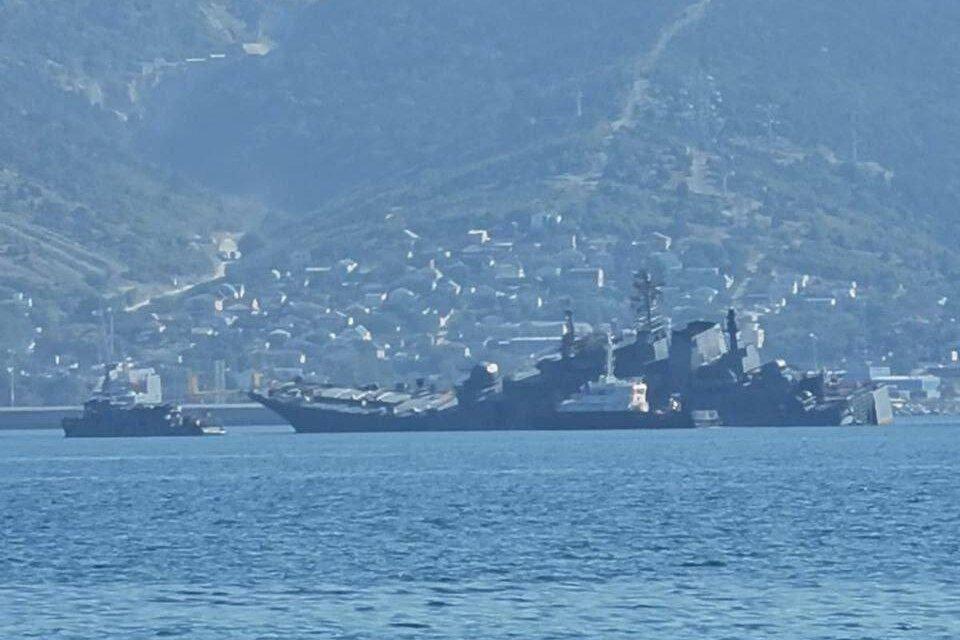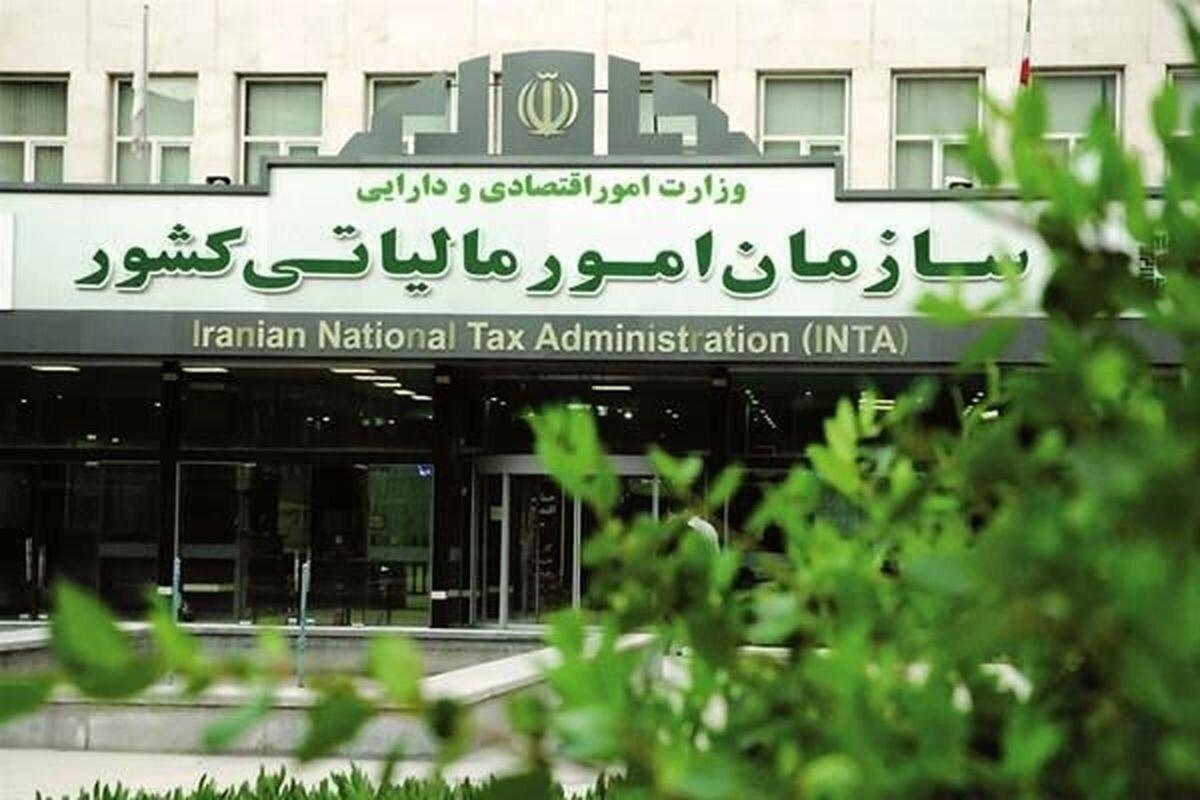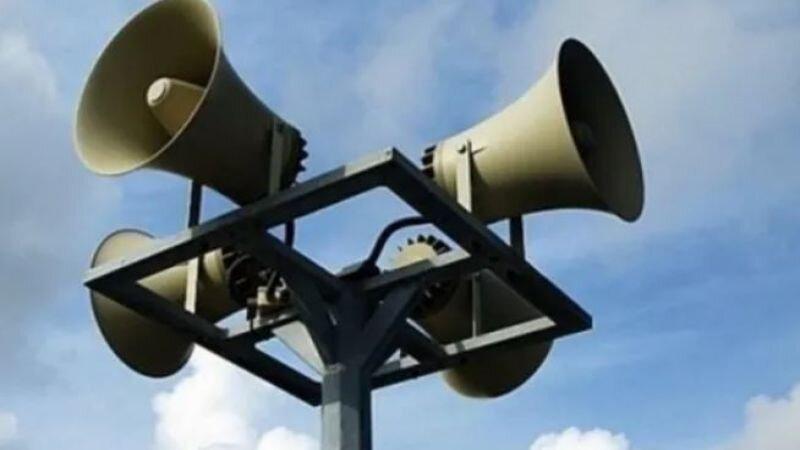Macron says Israel’s ‘counterproductive’ Gaza war is ‘destroying its image and credibility’
Macron says Israel’s ‘counterproductive’ Gaza war is ‘destroying its image and credibility’

French President Emmanuel Macron condemned Israel’s war on Gaza in an interview with Israeli television Channel 12 on Thursday, calling it "totally counterproductive" and "a failure".
"You are completely destroying the image and the credibility of Israel, not just in the region, but in public opinion everywhere," Macron said.
Israel’s genocide in Gaza has killed over 65,000 Palestinians in two years.
The French president also defended the initiative he is leading to formally recognise a Palestinian state this month at the United Nations General Assembly, which has been supported by a growing number of western countries as well as Arab states.
When he takes the floor at the UN in New York on Monday, Macron is expected to make France the first G7 country and the first western permanent member of the Security Council to recognise a Palestinian state – unless the United Kingdom forestalls him, as reports say that London is preparing to make a similar historic step as early as Friday.
The French president described his plan to the Israeli public as a "process" intended to "trigger a series of new behaviours and new commitments".
"It is an irreversible path to peace," he said.
His initiative has been met with fierce criticism by Israel, which described it as a "crusade against the Jewish State” and has taken retaliatory steps, such as giving the green light to a massive settlement expansion project, named E1, that would bisect a future Palestinian state.
In a bid to reassure Israelis on his initiative, Macron insisted in his interview that recognising a Palestinian state would “isolate Hamas”.
"Recognising a Palestinian state is just deciding to say: 'The legitimate perspective of Palestinian people and what they suffer today has nothing to do with Hamas'," he said, claiming the group does not want the two-state solution but to "destroy you".
Macron said his initiative was urgent, as it was now the "last minute before proposing the two states would become totally impossible".
"The approach of your government, especially that of some ministers, is to destroy the possibility of a two-state solution," he said, in a likely reference to far-right finance and national security ministers Bezalel Smotrich and Itamar Ben Gvir, who have been sanctioned by several countries, including the UK, Canada and Australia.
In August, Smotrich said the highly controversial E1 settlement project “buries the idea of a Palestinian state”.
During the interview Macron revealed that he wanted to travel to Israel ahead of next week's meeting in New York to clarify his position, but that the Israeli authorities refused his visit.
He added that he nevertheless wanted to continue working with Israeli Prime Minister Benjamin Netanyahu, whom he said he "respects".
Macron also hinted at the possibility of imposing economic sanctions on Israel if its current offensive in Gaza, which he described as a "huge mistake", was to continue.
He objected, however, to boycotting the country in general, following the news that several countries will not participate in Eurovision if Israel participates.
'Demilitarisation' of Hamas
Macron lamented seeing the French positions “distorted", saying: "This not only makes us unhappy, but even angry". He also insisted that he does not make such decisions for domestic political reasons.
Faced since the summer of 2024 with an unprecedented political stalemate at home, Macron has shifted his efforts to France’s foreign policy instead, trying to help solve the war in Ukraine and Gaza.
After the Hamas-led attacks on Israel on 7 October 2023, he voiced strong support to Israel, emphasising its "right to defend itself by eliminating terrorist groups".

As his pro-Israeli stance was criticised by a segment of public opinion and members of the diplomatic corps, the French president quickly called for a "ceasefire" and intensified his condemnation of Israel’s actions.
After warning in February 2024 that "the recognition of a Palestinian state is not a taboo for France", he announced last April on the plane returning him from the Egyptian border city of al-Arish, where he met wounded Palestinians, that he could take the step of recognising Palestine in the summer.
Anticipating an Israeli backlash, Macron said that the goal was to secure in return "recognition of Israel" from Arab and Muslim countries, and then set a series of conditions, such as the release of Israeli captives and the "demilitarisation" of Hamas.
He eventually abandoned these conditions, and on 24 July this year he announced he would recognise the state of Palestine, citing a series of "commitments" made by the Palestinian Authority and several Arab states to disarm Hamas and sideline the group.
Several western countries, including the UK, Canada and Belgium, followed suit.
Meanwhile, the so-called New York Declaration presented by France and Saudi Arabia, which excludes Hamas from a future Palestinian state for the first time, was endorsed by the Arab League in July and largely adopted last week by the UN General Assembly.







